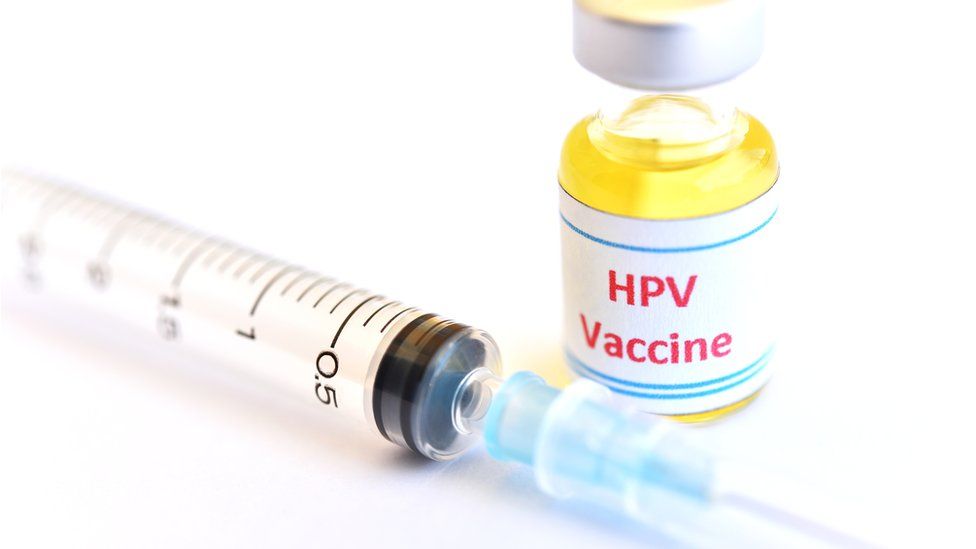The Nigerian government has embarked on a groundbreaking campaign to shield young girls from the looming threat of cervical cancer. This resolute endeavor involves the introduction of Human Papillomavirus (HPV) vaccines, a crucial step towards fortifying their defenses against cervical cancer and its related ailments.
At a meeting focused on improving healthcare, Dr Faisal Shuaib, who leads the National Primary Health Care Development Agency, shared this important news. Starting from September 25th, the government will give these vaccines to girls between 9 and 15 years old. It’s like giving them armor to protect against cervical cancer.
Shuaib explained, “Cervical cancer affects our mothers, sisters, and daughters and is caused by HPV.” He said this vaccine is a powerful tool to keep girls safe.
Cervical cancer is a serious disease that affects women’s bodies. It’s like a hidden enemy. In 2018, it took the lives of around 311,000 women all over the world. But there’s hope. By using these vaccines, we can fight back.
A special report from The Lancet, a group of health experts, tells us that more than 44 million women around the world might face cervical cancer between 2020 and 2069. This report also warns us that if we don’t do something, the number of women who die from this cancer could increase by 50 percent by 2040. This is a big challenge for us, our families, and our communities.
We know that there are many different things that can cause cancer, but scientists have found that 14 out of 100 types of HPV can lead to almost all cases of cervical cancer. Think of HPV like a puzzle piece that fits with cervical cancer. But these vaccines can stop the puzzle piece from fitting.
Health experts also tell us that if we vaccinate 90 out of 100 girls against HPV and help 70 out of 100 women get checked for cervical cancer, and then treat 90 out of 100 women who have the disease, we could stop cervical cancer from hurting us.
Shuaib said, “These vaccines are like a big breakthrough in medicine. They show that we care about life.”
Religious leaders also have a big role to play. They can help spread the word about these vaccines. They have the power to share important information that can change how we act and think about our health.
The Minister of Health and Social Welfare, Prof. Muhammad Pate, said that religious leaders can help people understand the vaccines and overcome any wrong ideas about them. He also asked them to join hands with doctors to make sure everyone gets the vaccine. “We can’t do this alone,” he said.
Religious leaders are excited to help. Sa’ad Abubakar III from the Nigeria Supreme Council for Islamic Affairs and Archbishop Daniel Okoh from the Christian Association of Nigeria both agreed that they can work together with the government to spread the right messages.
“We’re here to talk about health and how to make it better. We can help,” they said. They believe that by working together, we can make sure everyone, especially those who live in faraway places, can get good healthcare.


